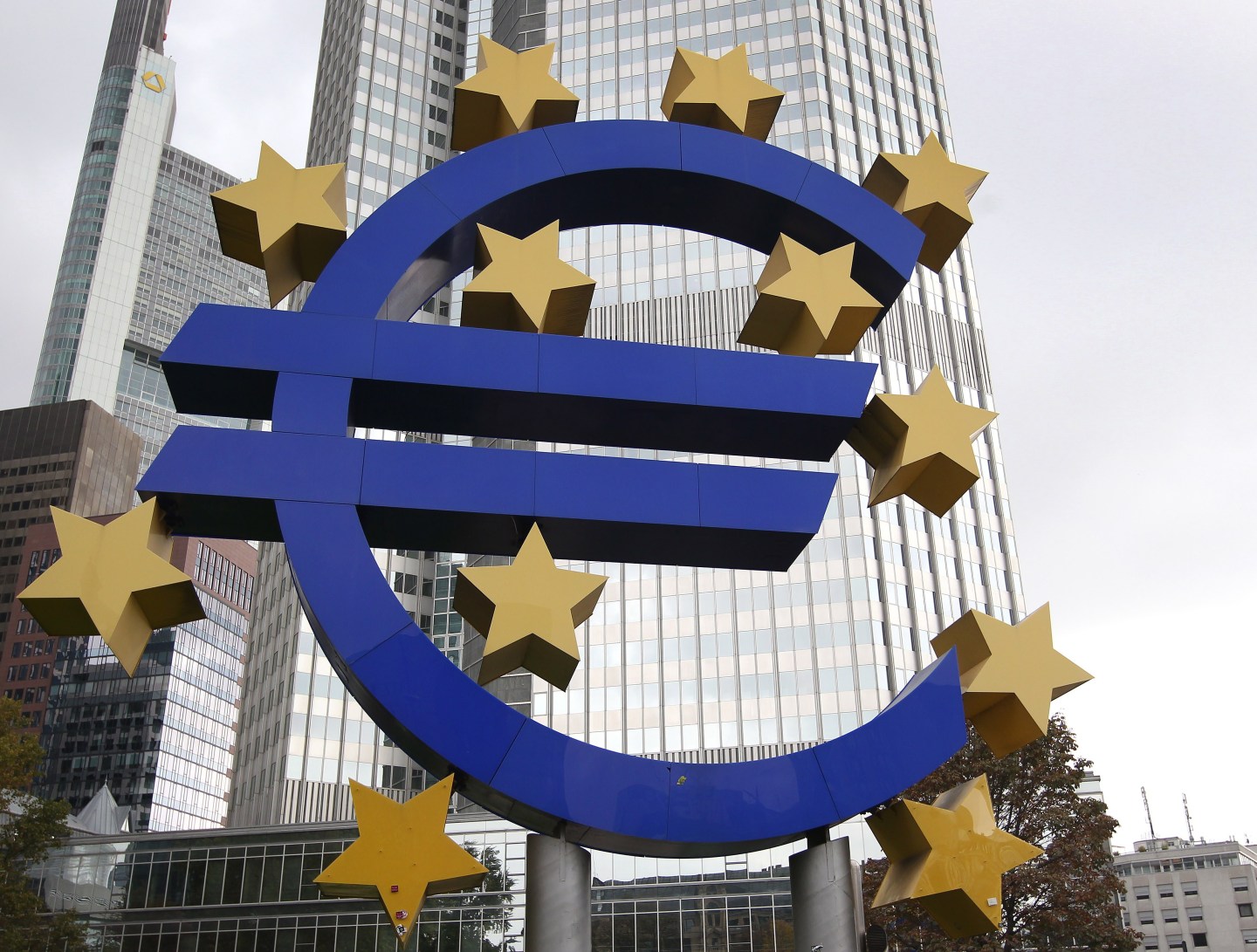The chances of an abrupt reversal in global markets are rising but overall financial stability risk in the euro area is low, the European Central Bank said on Wednesday, supporting arguments for further monetary stimulus possibly as soon as next week.
The ECB will debate policy easing on Dec. 3 with opponent arguing that ultra-loose momentary policy raises the risk of bubbles and lowers banking profitability, creating systemic vulnerabilities and making the easing self-defeating.
But the ECB said the financial system handled recent bouts of volatility well and the biggest risk is external, stemming from emerging markets and the risk of faster-than-expected rate hikes by the U.S. Federal Reserve.
“There is in general a low level of systemic risk in the euro area,” ECB Vice President Vitor Constancio told a news conference.
“There are risks, of course, and the main one is associated with the possible reversal of risk premia… which can be triggered either by the U.S. increase in rates, which is expected one of these days, and also by the vulnerability that is ongoing in emerging markets, particularly China and also others.”
Constancio said that regardless of what the ECB decides at its next rate meeting, he expected no significant change to stability risks as a result.
He added that a further drop in oil prices since June was making it difficult for the ECB to achieve its goal of almost 2 percent inflation, suggesting an argument for easing.
Within the euro area, prime commercial property prices are clearly overvalued but residential property prices are below average while equity and corporate bond prices are in line with or close to norm, the ECB said its twice-yearly financial stability report.












